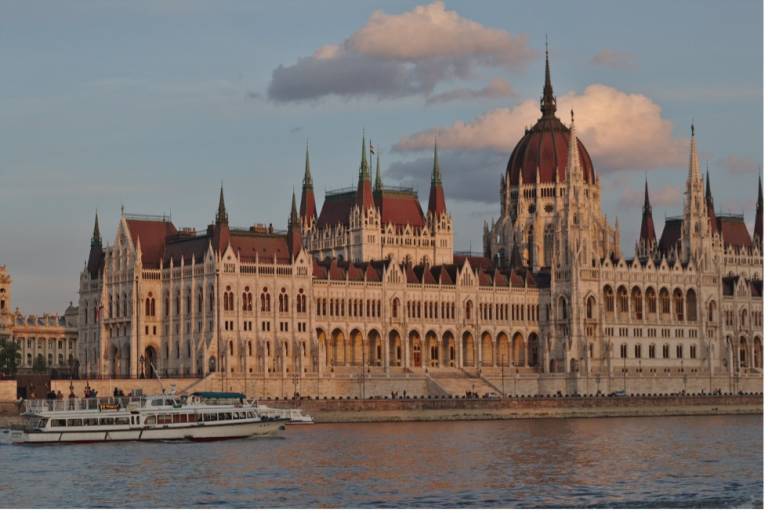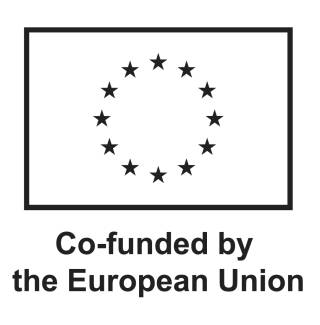Parliament Buildings: The architecture of power, accountability and democracy in Europe
12 November 2020–13 November 2020, 9:00 am–4:00 pm

Two-part conference hosted by the Bartlett School of Architecture and the UCL European Institute. 12-13 November and 18-19 February.
Event Information
Open to
- All
Availability
- Yes
Organiser
-
Prof. Sophia Psarra
Free and open to all, the conference runs over two sets of two (short) days; the first session is taking place on 12-13 November 2020, and the second on 18-19 February, 2021.
““Parliament buildings and their spatial structures are the symbols and instruments of political life. They shape and reflect political practices, processes and culture, both within and without.
We are proud to bring you a brilliant line up of architects and parliamentarians, art historians, architecture scholars, historians, geographers, anthropologists and political scientists. They will share their unique insights into specific parliament buildings across Europe, to jointly explore:
- How do buildings and space structure the work done in parliaments, how do they shape political decision making and informal communication?
- How can they be used to embody imaginations of democracy and the body politic?
- What can they tell us about the agency of, say, women or parliamentary staff in parliament?
- How is their role changing in times of constant broadcasting, social media and a global pandemic?
Organisers:
- Professor Sophia Psarra (The Bartlett)
- Dr Claudia Sternberg (UCL European Institute)
- Dr Uta Staigger (UCL European Institute)
- Mariana Pestana (architect and curator)
Schedule
Find the schedule for 18-19 Feb 2021 here
Thursday 12 November
- 09:00: Introduction and welcome
- 09:30: Presentation by David Mulder, XML Architectures
- 10:30: Session: 'Rhythms of Space and Time.' Moderator: David Roberts (The Bartlett). Panellists: Emma Crewe (SOAS), Jonathan Chibois (IIAC-LAIOS), Philip Norton (University of Hull), and Christian Rosen (Technical University of Darmstadt).
- 11:30: Panel discussion
- 11:45: Break
- 12:00: Session: 'A Contemporary Parliament in a Historical Building.' Moderator: Sophia Psarra (The Bartlett). Panellists: Alexandra Meakin (University of Manchester), Alexandra Anderson (Sheffield Methods Institute), and Alex Prior (UEA).
- 12:45: Panel discussion
- 13:00: Session: 'Gendered Space and Agency.' Moderator: Uta Staiger, Director of UCL European Institute. Panellists: Sarah Childs (Royal Holloway); Henrik Schoenefeldt (University of Kent); Mari Takayanagi (UK Parliamentary Archives).
- 13:45: Panel discussion
Friday 13 November
- 10:00: Session: 'The Material Culture of Parliaments.' Moderator: Uta Staiger, Director of UCL European Institute. Panellists: Patrick Theiner, (University of Edinburgh), Julia Schwanholz (University of Duisburg), Carla Hoetink (Radboud University), Sophia Psarra (The Bartlett) and Gustavo Maldonado (Architect).
- 10.45: Panel discussion
- 11:00: Session: 'Political Transitions and Paradoxical Power.' Moderator: Claudia Sternberg, UCL European Institute. Panellists: Michal Murawski and Ben Noble (UCL School of Slavonic and East European Studies), Iulia Statica (The Bartlett), Gruia Badescu (University of Konstanz),
Emilia Kaleva and Aneta Vasileva (University of Architecture, Civil Eng. and Geodesy). - 11:45: Panel discussion
- 12:00: Break
- 12:15: Session: 'Mediated Parliament and Digital Interactions.' Moderator: Alan Penn (The Bartlett). Panellists: James Benedict Brown (Umeå University), Pol Esteve, Architectural Association (AA), Dennis Pohl (Karlsruhe Institute of Technology), and Ben Worthy and Stefani Langehennig, (Birkbeck College).
- 13:00: Panel discussion
- 13:15: Presentation by Jonas Staal, Studio Jonas Staal
- 14:00: Roundtable: David Mulder and Jonas Staal. Moderator: Mariana Pestana.
Image: Hungarian Parliament Building from across the Danube, দেবর্ষি রায়, CC BY-SA 2, via Wikimedia Commons
The project is supported by UCL’s Grand Challenges of Cultural Understanding, and co-funded by our Jean Monnet Centre of Excellence grant from the European Commission.


 Close
Close

